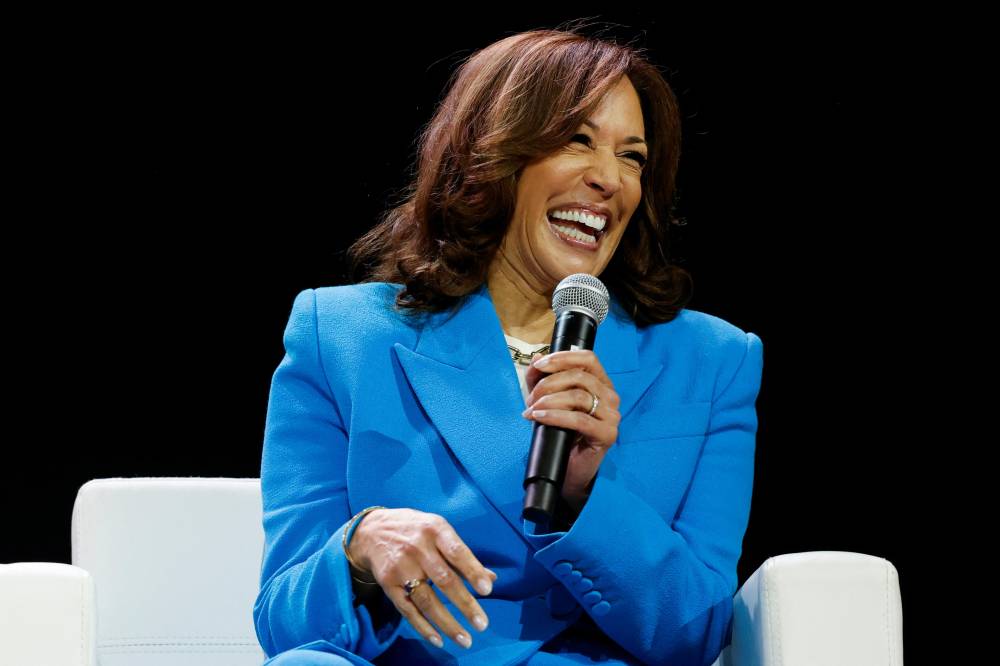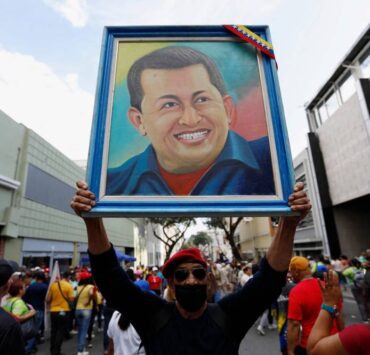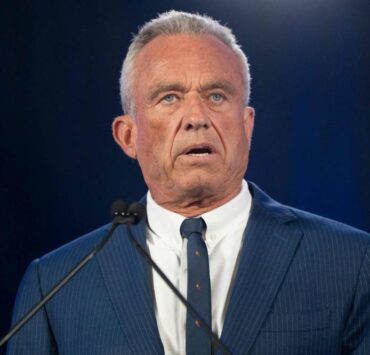Economists push back on Harris price gouging plan

WASHINGTON—Kamala Harris’ price gouging policy has been criticized by economists and analysts, who say it is an uncompetitive proposal that could end up hurting, and not helping, US consumers.
Harris, the Democratic nominee for president, announced the policy last week as part of a raft of populist proposals which included a $6,000-a-year tax credit for families with newborn children and a $10,000 tax credit for first-time home buyers.
If elected President, Harris would work with Congress to advance “the first-ever federal ban on price gouging on food and groceries,” her campaign said in a statement.
The proposals would look to set “clear rules of the road” to stop big corporations from running up “excessive” profits on food and groceries, and beef up state and federal powers to penalize rule-breakers.
‘Soviet style control’
While popular with the Democratic base, the price gouging plans elicited a fierce reaction from Republican presidential candidate Donald Trump.
“Kamala will implement SOVIET Style Price Controls,” he wrote in a social media post.
Supporters of the policy say it has been mischaracterized and misunderstood.
Several US media organizations, including the Washington Post, reported that the Harris campaign sees the policy as an attempt to elevate existing state-level rules on price gouging to the federal level.
A global inflationary surge at the tail-end of the Covid-19 pandemic contributed to a rise in the cost of everyday items in the United States.
Consumer inflation has eased dramatically since peaking at more than 9 percent in 2022. But Americans are still contending with an overall price increase of just over 20 percent since Joe Biden took office, according to data from the US Labor Department.
‘Very little’
However, “very little” of that increase is due to price gouging, Oxford Economics chief US economist Ryan Sweet told AFP.
Instead, Sweet points to a pandemic-fueled supply shock, and an increase in demand for goods and services spurred—in part—by generous federal support for households during the pandemic.
“What this gouging does is pivot the blame from the Biden administration, which Harris was part of, to corporations,” said Gary Hufbauer, a senior fellow at the Peterson Institute for International Economics.
“It’s a pretty successful political argument,” he told AFP. “It has no economic basis.”
The retail business is notoriously tough, with profit margins often in the low single digits—in stark contrast to higher-margin sectors like tech.
AFP is one of the world's three major news agencies, and the only European one. Its mission is to provide rapid, comprehensive, impartial and verified coverage of the news and issues that shape our daily lives.

















